Tags: Sea Ice
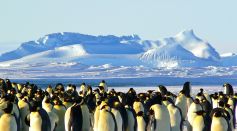
Emperor Penguins Face Threat of Extinction As 99% Could End Up Wiped Out by 2100 if Greenhouse Gas Emissions Persistently Rise, Study Reveals
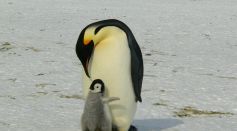
4 Previously Unknown Emperor Penguin Colonies Found in Antarctica Through Poop Trails in Satellite Data
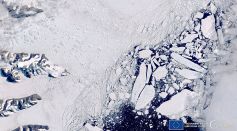
Antarctic Sea Ice Reaches Record Low Levels, Raises Concerns Over Impacts of Climate Change

Devastating Die-Off of Emperor Penguin Chicks Linked to Unprecedented Sea Ice Decline in West Antarctica; 98% of Colonies Could Become Quasi-Extinct by 2100

Climate Change's Impact on Extreme Events Led to Unprecedented Ice Loss in Antarctica, Study Reveals
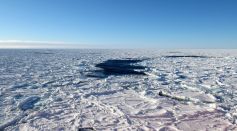
New Evidence Shows That Life Exists Under the Icy Surface of Antarctica
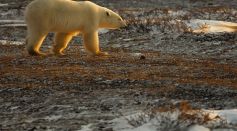
Polar Bear That Wandered in Quebec Shot Dead a Day After Public Sighting, Experts Already Knew It Won't Survive Long
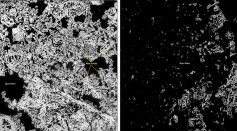
Satellite Images Reveal Arctic Sea Ice Lost 16% of Thickness in Three Years Due to Greenhouse Gas Emissions
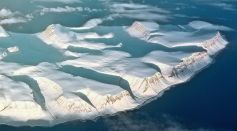
Warming Climate Threatens Arctic Ocean's Last Ice Area; Could Vanish by 2100 Along With Creatures That Rely on It
Venus Crust Broken? Large Blocks Moving Like Sea Ice Seen on Planet Showing Proof of Geological Activity
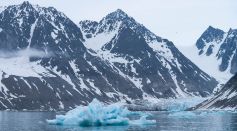
Earth's Cryosphere Shrinking by 33,000 Square Miles Annually: How Does Ice Sheet Melting Impact the Planet?
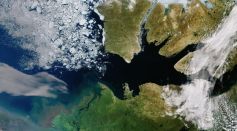
Imaging the Wonderful Canadian Arctic Archipelago
Polar Bears Resorting to Cannibalism, Experts Say
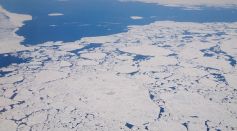
Sea Ice Movements Critical to Climate Change Study
Alaskan Sea Ice Has Melted Away
Global Warming Needs Proper Attention: The UN Negotiators Are Ready To Meet In Bonn To Address The Issue
Sea Ice Melting: Provide Food For Creatures In Polar Sea
Sea Ice Record Breaking Decrease In South Pole & North Pole
Arctic Winter Ice Reaches All Time Low
Arctic Ice Thinning Much Faster Than Scientists Thought
Most Popular

Viruses vs Bacteria: Key Differences, How They Spread, and How We Treat Them

Recycling Myths vs Facts: What Actually Gets Recycled and How to Do It Right

Space Debris and Orbital Pollution: Rising Space Junk Threats and Collision Risks Around Earth

How Ice Cores Reveal Climate History: Insights from Paleoclimate Science and Ancient Data




